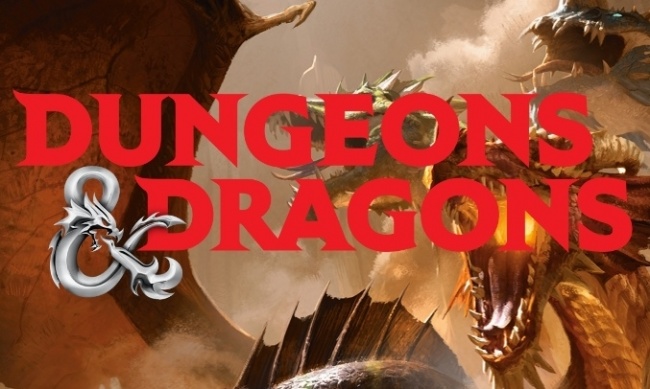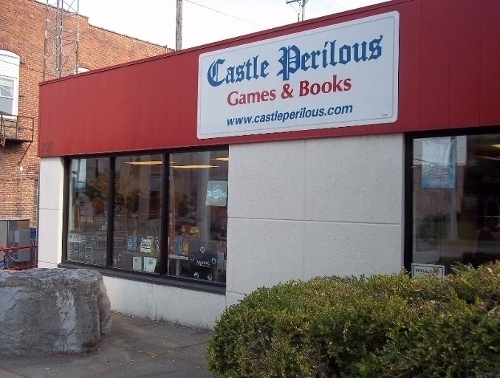I know it was Magic Open House this past weekend and the Dominaria pre-release is rolling in next weekend, but I just finished running the store’s weekly game of D&D for kids in grades 3 through 8 and it got me thinking about the benefits D&D offers to child development and why those kids that played D&D back in the 1980s grew up to remake today’s entertainment landscape. After all, today’s video games can trace their roots back to those high school and college students playing D&D and other role-playing games like Traveler, RuneQuest, Call of Cthulhu and Tunnels and Trolls. There have been several analyses written looking at the benefits of roleplaying on child development (see here, here, and here for examples). They generally find these major benefits:
- Literacy. Roleplaying games generally require lots of reading AND writing, especially for the game master but also for the players. The GM, of course, has to have a pretty deep understanding of the rules but the players too are expected to understand the rules, especially as they might relate to their character. GMs usually write up notes about their campaign and players may do this as well, adding a journaling aspect to the game play.
- Math. In order to calculate the likelihood of hitting something else in combat, an integral part of the game, players must develop the ability to rapidly add and subtract numbers, either with a calculator or in their head, in order to figure out hit numbers as well as amount of damage done. In addition, when combat involves determining which player goes when, developing an understanding of the ordinal scale proves highly important, as does an understanding of spatial relationships, such as when determining the distance to an opponent.
- Game theory. If you have to jump over a pit with spikes at the bottom or cross that rickety bridge, an understanding of probability theory and how it affects the likelihood of making it sure helps, even if players do not think of it as game theory.
- Strategic planning. Yeah, you can just run up and attack that horde of zombies or bugbears but you will likely get your head handed to you. Players soon learn to think strategically, incorporating such concepts as occupying higher ground and flanking, while even young players quickly learn the benefits of cover. The GM too has to think strategically when deploying foes as sending them across an open field one at a time will not generally prove successful against even a minimally prepared party.
- Imagination. Although maps and miniatures help in determining spatial relationships on the tabletop, all interaction takes place in the mind of the player. The player visualizes what their character looks like, what their fellow players’ characters look like, what their opponents look like, even what the land they travel through looks like. The gamemaster, meanwhile, had the charge of creating the world and its inhabitants solely through evocative descriptions (or none at all: "You enter a 10x10 room. There’s an orc guarding a chest.").
- Socialization. Although you can compete and cooperate with other players in digital games, when playing tabletop RPGs, Vernon Kee, winner of the 2013 Prime Ministers Award for Teaching Excellence says, "You are physically with people and talking to them. There is nothing like hitting that critical [dice roll] and everyone around the table erupts in cheers. Of course, you can have good times playing computer games, but there’s a difference between laughing at your screen or laughing together in the same room." In a world in which more of our interactions move online, sitting around a table, talking with other players and laughing with (or at) them, proves priceless in developing the ability to interact with others.
Ergo, next time you sit down at a table, pull out your dice, character sheet and figure, don’t forget about all the benefits you receive from roleplaying games. Actually, on second thought, DO forget about them. After all, you’re there to have fun!
The opinions expressed in this column are solely those of the writer, and do not necessarily reflect the views of the editorial staff of ICv2.com.




